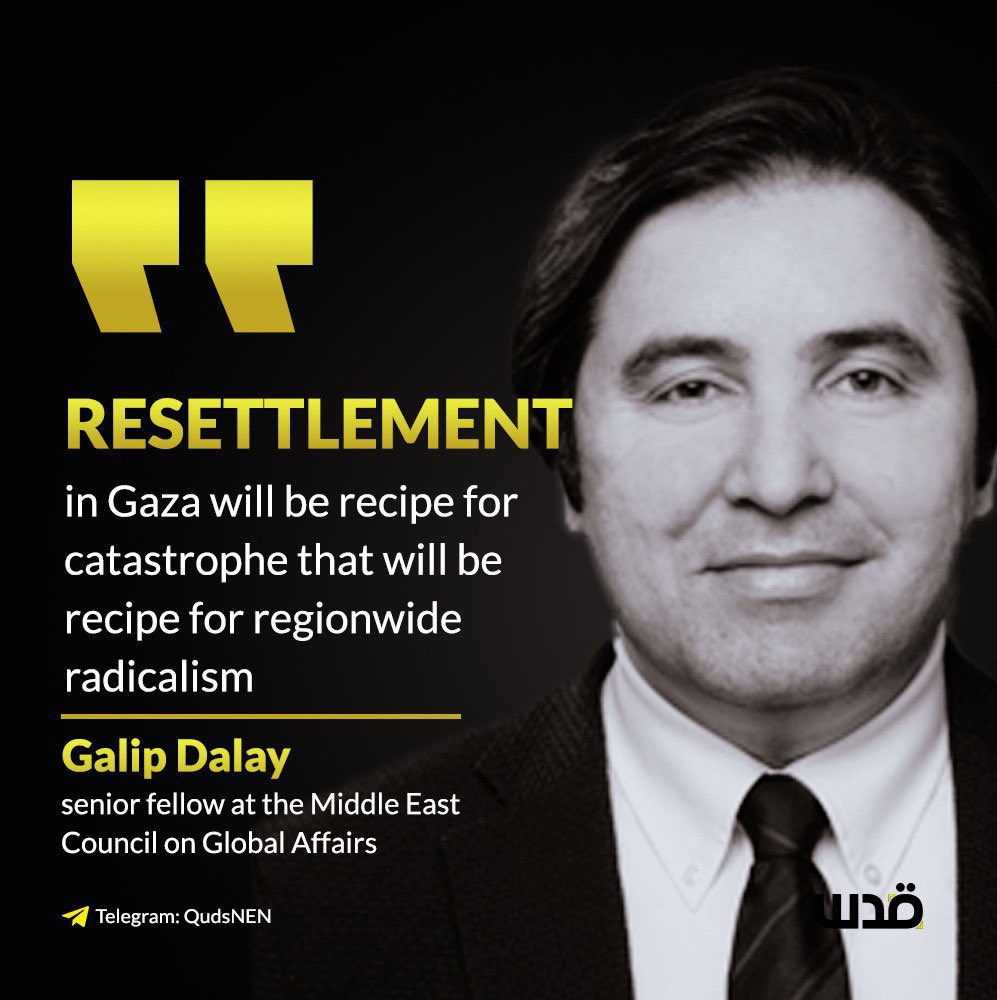In a Psychedelic Arab World
Dr Khairi Janbek
The Arab world has been for some time now like a theme park with all the trappings. There are zones of fun and entertainment, with bright lights, cafes and restaurants with people living in them whilst other zones stand like halls of mirrors with distort images, chambers of horror, and ghost trains with their own population.
The ones who run both zones tend to be standing outside them frequently greeting each other. But the people of the entertainment zone are always wary that the people of the other zone may envy them, so they give them enough to let them carry on with their lives as best as they can.
The obsession with the geographical and civilizational unity of the Arab world has always inflated expectations of Arab solidarity as a tool to solve the problems of Arab societies ranging from economic development and good governance, to conflict resolution.
As the expectations go unmet, popular frustration at the weakness of one nation, prompt further calls for solidarity accompanied with anger from the other Arab people, however, it seems, and for all intents and purposes, the pan-Arab hopes seem to be always unreasonable. In fact when the colonialists thought that the Arab peoples should be grateful to each have their own nation-states across the geographical span, the Arab peoples, as a whole, felt cheated for not having a single, one-state to represent them.
As for the current Palestinian tragedy, its roots in recent terms have been planted in 1974, when the late King Hussein was put under extreme pressure to accept the notion that, the PLO, being the sole representative of the Palestinian people, in other words transferring the Arab burden of the Palestinian problem to the shoulders of the late Yasser Arafat.
Of course, one is not going to repeat the horrors which came after that regarding this issue, but the idea that the Palestinian issue being an Arab cause, ended there and then. The Palestinian issue went from being a political issue, to a mere human rights concern, with the option for the Arab states to support according to the levels of anger expressed by their own populace regarding the Palestinian people’s plight.
It was Saddam Hussein’s invasion of Kuwait in 1990 that struck the final nail in the coffin of the illusion that there can be an Arab solution to Arab problems, but even this illusion did not apply to the Palestinian problem, because that concern was gone almost two decades earlier.
So today, it is natural for sympathy for the Palestinians to direct its call to the international community to react, because frankly this is the only quarter which can do something, whatever it may be, because the realization had set in from before that the Arabs will not do anything.
We live in times now, in which no Middle Eastern regime, in addition to those having a state within a state inside them, will be ever permitted to ever threaten Israel by the Trump administration, be that through the threats of dividing countries, or in throwing them to the jaws of poverty and destruction through economic extortion; in fact, we are in the era of enforced ugly peace.
Dr Janbek is a columnist based in Paris France.








